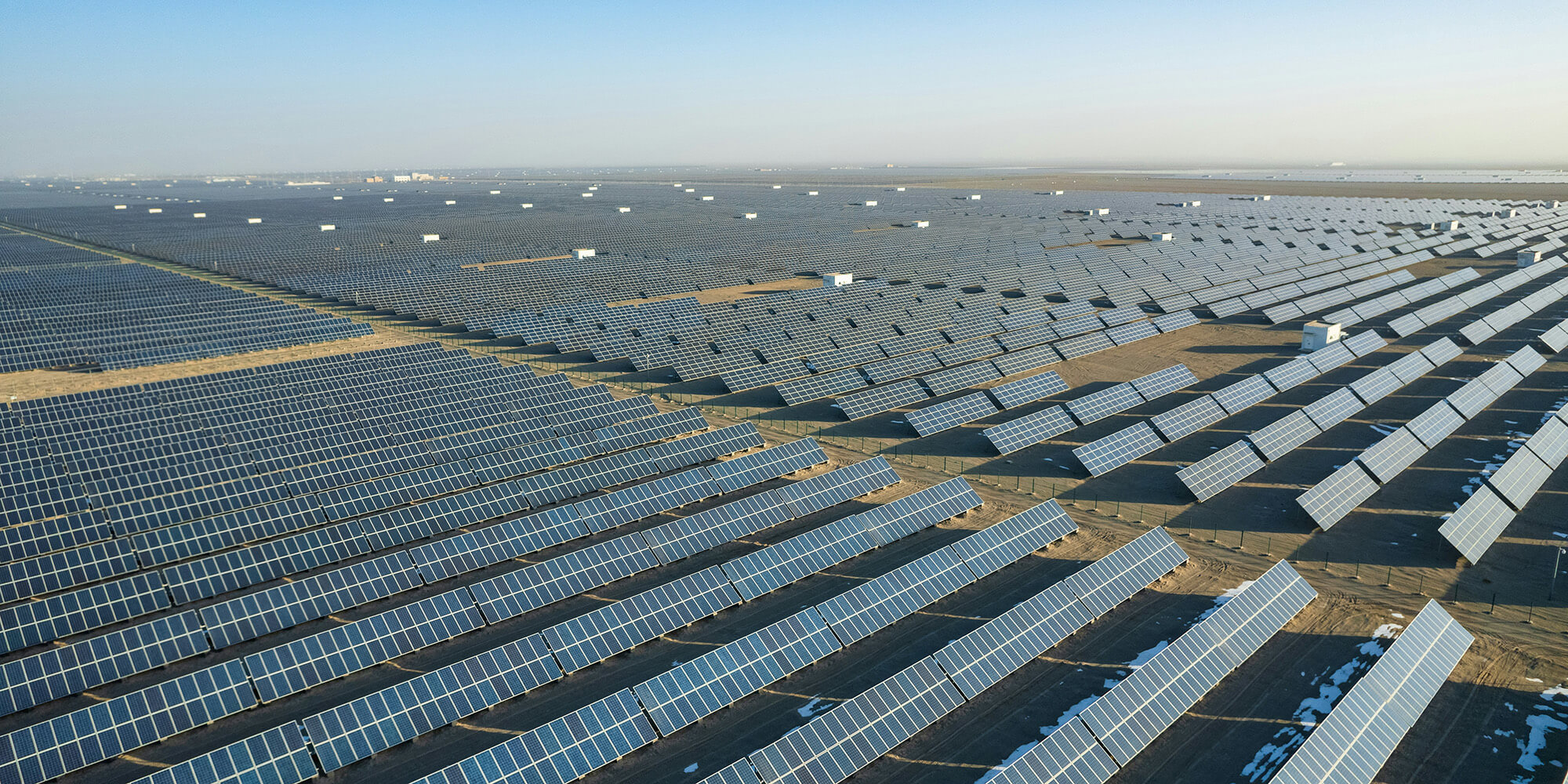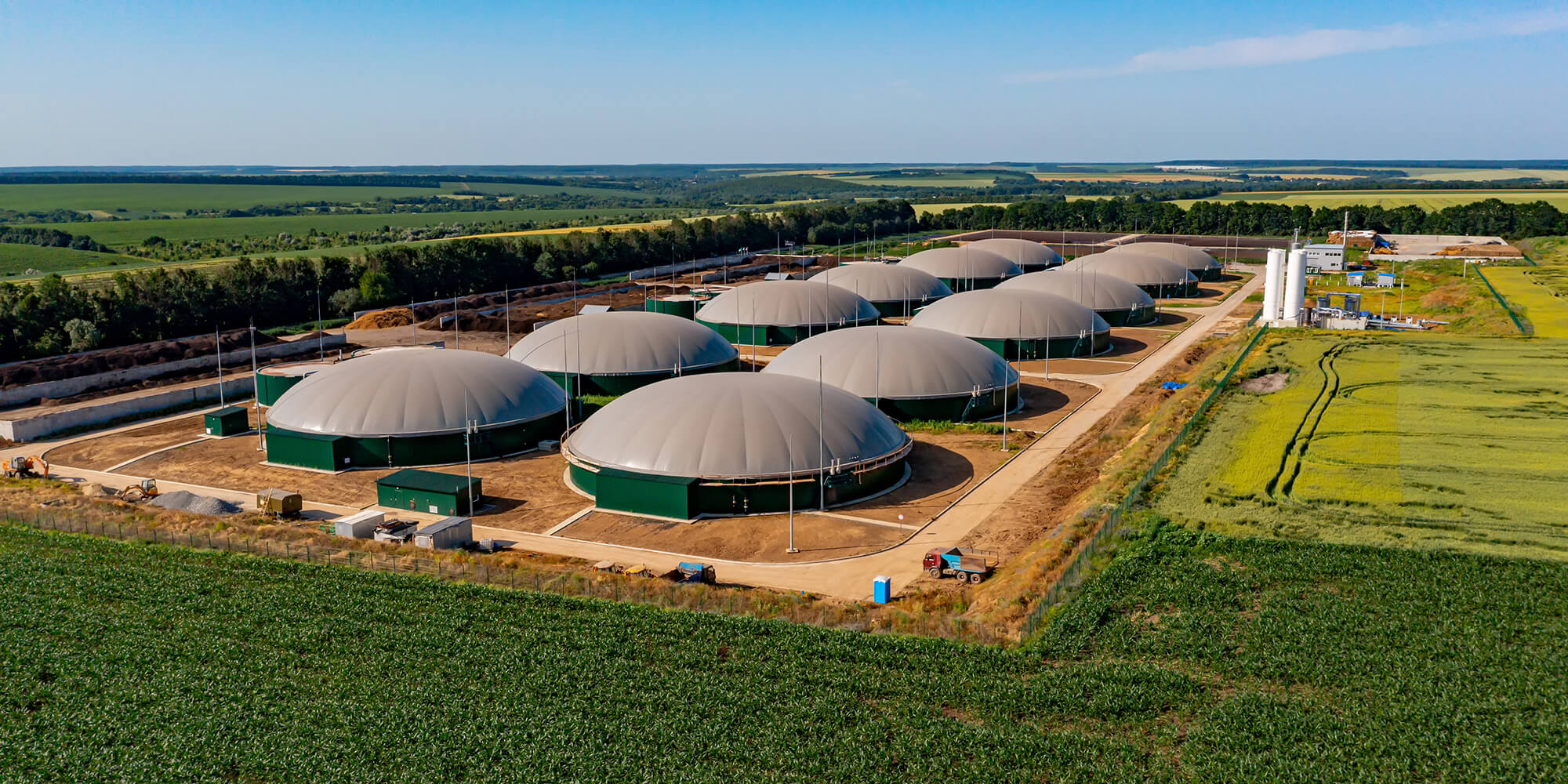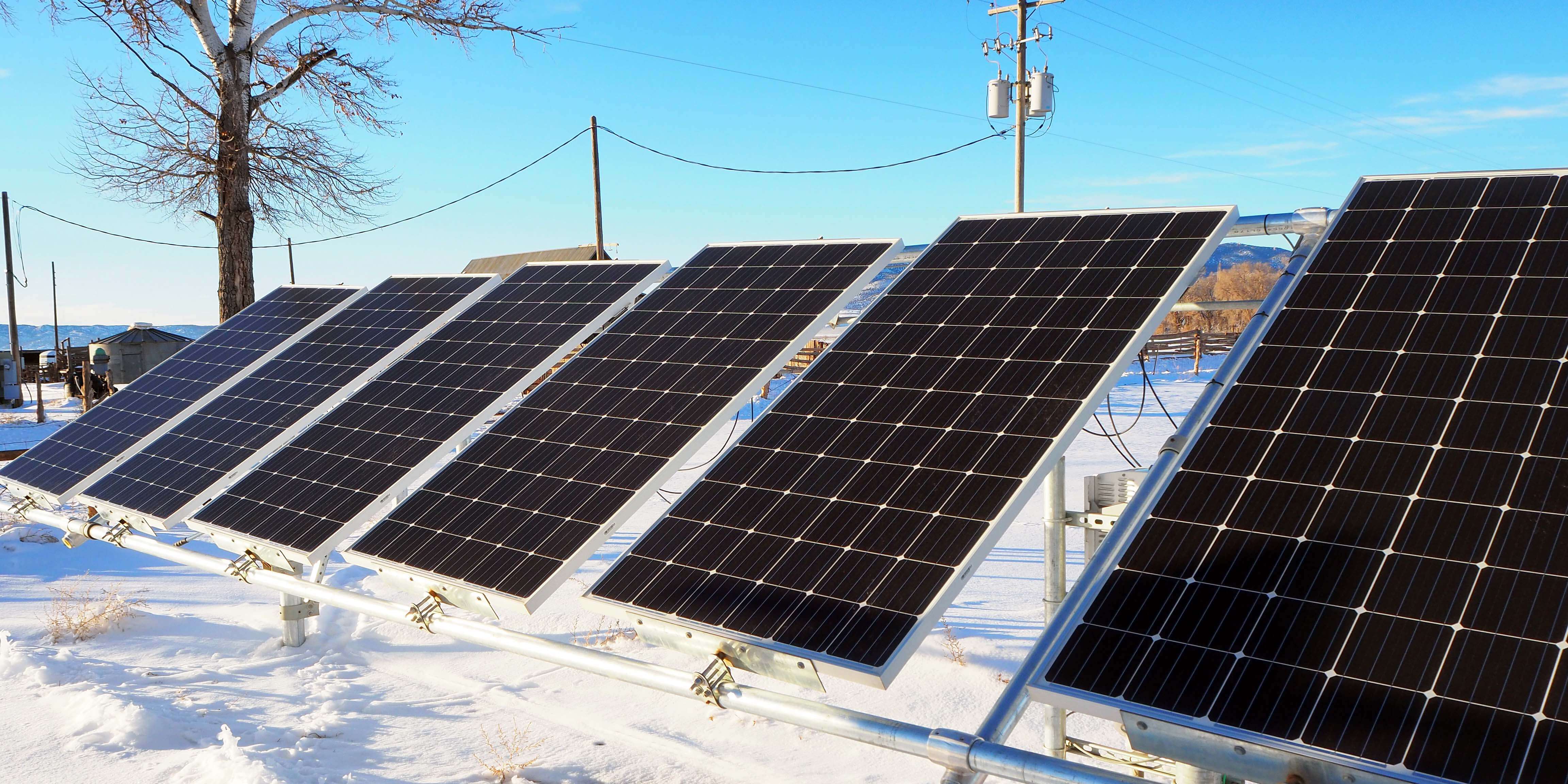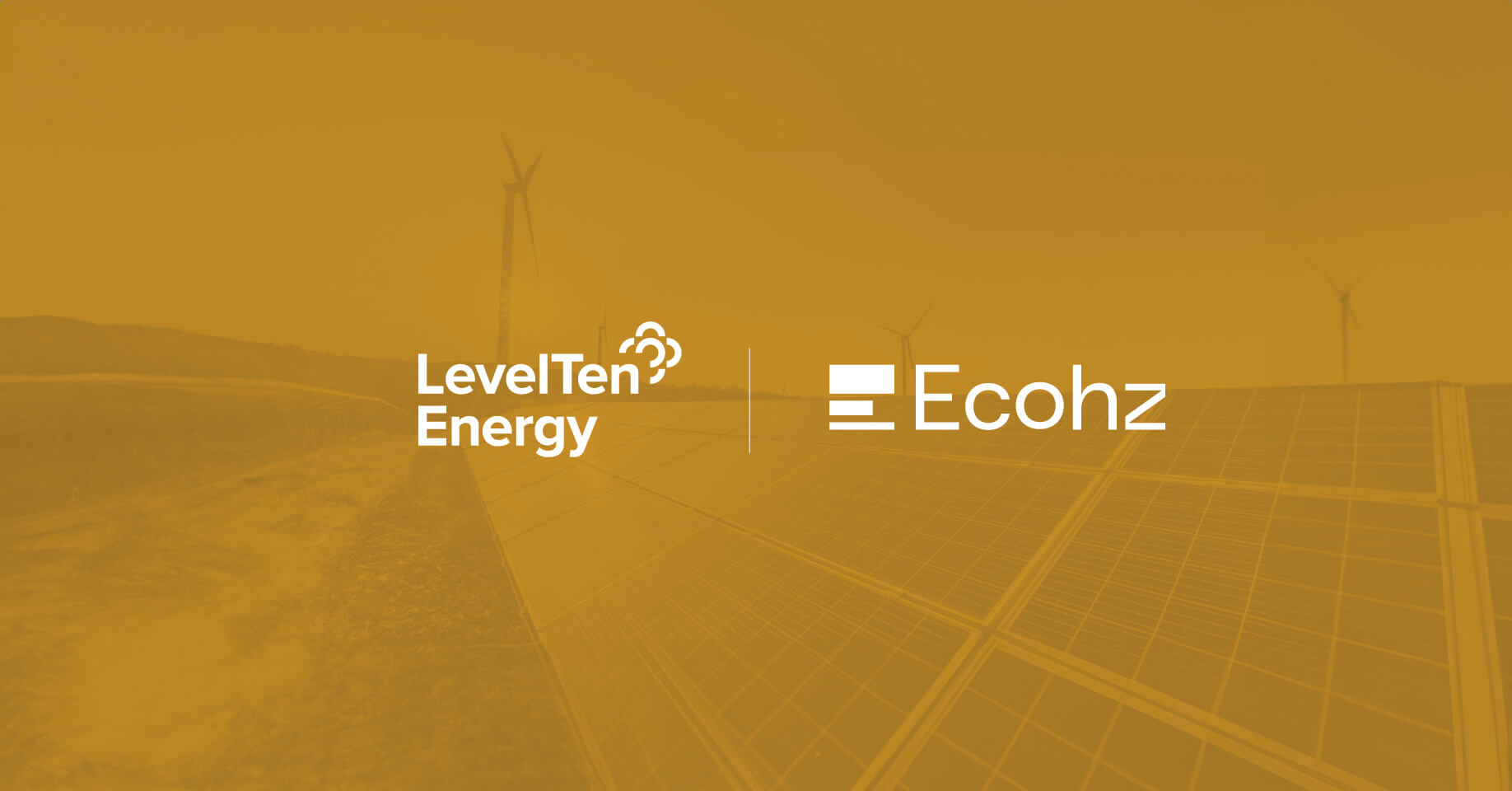The Norwegian Energy Regulatory Authority (RME), which oversees the Norwegian electricity market, has confirmed to Ecohz that grid operators, both at the national and local levels, may charge customers for the cost of the Guarantees of Origin (GOs) purchased to cover grid losses. This allows grid operators to demonstrate that such electricity is sourced from renewables and could enhance their competitiveness in capital markets at virtually no expense to the companies themselves.
In Norway, nearly 8% of electricity is lost during transmission. Transmission system operators (TSOs) and distribution system operators (DSOs) procure additional electricity through public tenders to offset these losses, which amount to close to 12 TWh annually.
In a private discussion with Ecohz’ renewable energy advisors, RME representatives stated that TSOs and DSOs are permitted, under the current revenue cap limit rules (inntektsramme, in Norwegian), to recover the cost of GOs bought to green grid losses by increasing the transmission price for their customers. This would raise the reported share of renewable energy and market-based GHG emissions and could extend to other European countries as new sustainability reporting regulations are introduced.
Starting in 2025, most Norwegian TSOs and DSOs will be required to provide detailed sustainability reports under the EU Corporate Sustainability Reporting Directive (CSRD) and the Norwegian Accounting Act. Alongside the EU Taxonomy and the Green Claims Directive, these regulations aim to direct capital towards green undertakings.
Improving their sustainability rating may help grid operators secure lower interest rates, attract investors, and reduce the overall cost of capital by demonstrating reduced sustainability risks. According to the European Commission, capital investments in Taxonomy-aligned activities increased from €191 billion in 2023 to €249 billion by May 2024. Loans within the scope of the Taxonomy already represent, on average, over 50% of the assets of large EU banks.
“For electricity network operators, there is a huge opportunity to turn what used to be a net cost into business value,” says John Ravlo, Senior Director of Partner Sales at Ecohz. “Now that RME has said GOs can be recognised within the revenue cap, TSOs and DSOs can raise their sustainability ratings and lower their risk towards the financial sector. Network operators compete with one another and companies in other industries for financial resources. Scoring higher according to European sustainability standards can offer a competitive edge in capital markets.”
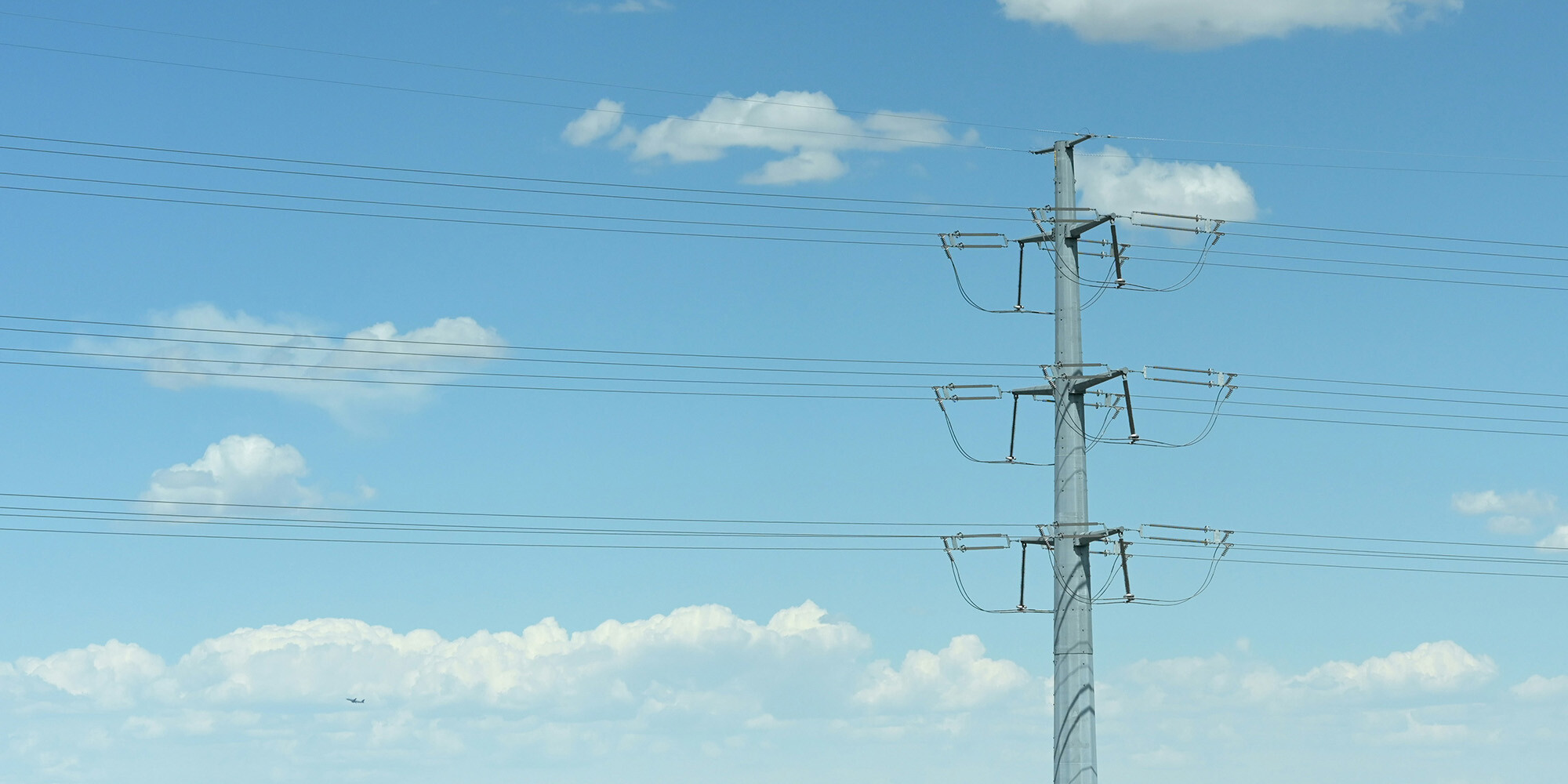

.png?width=3840&height=2560&name=Sun(1).png)

.png?width=3840&height=2560&name=Landscape_2(1).png)
